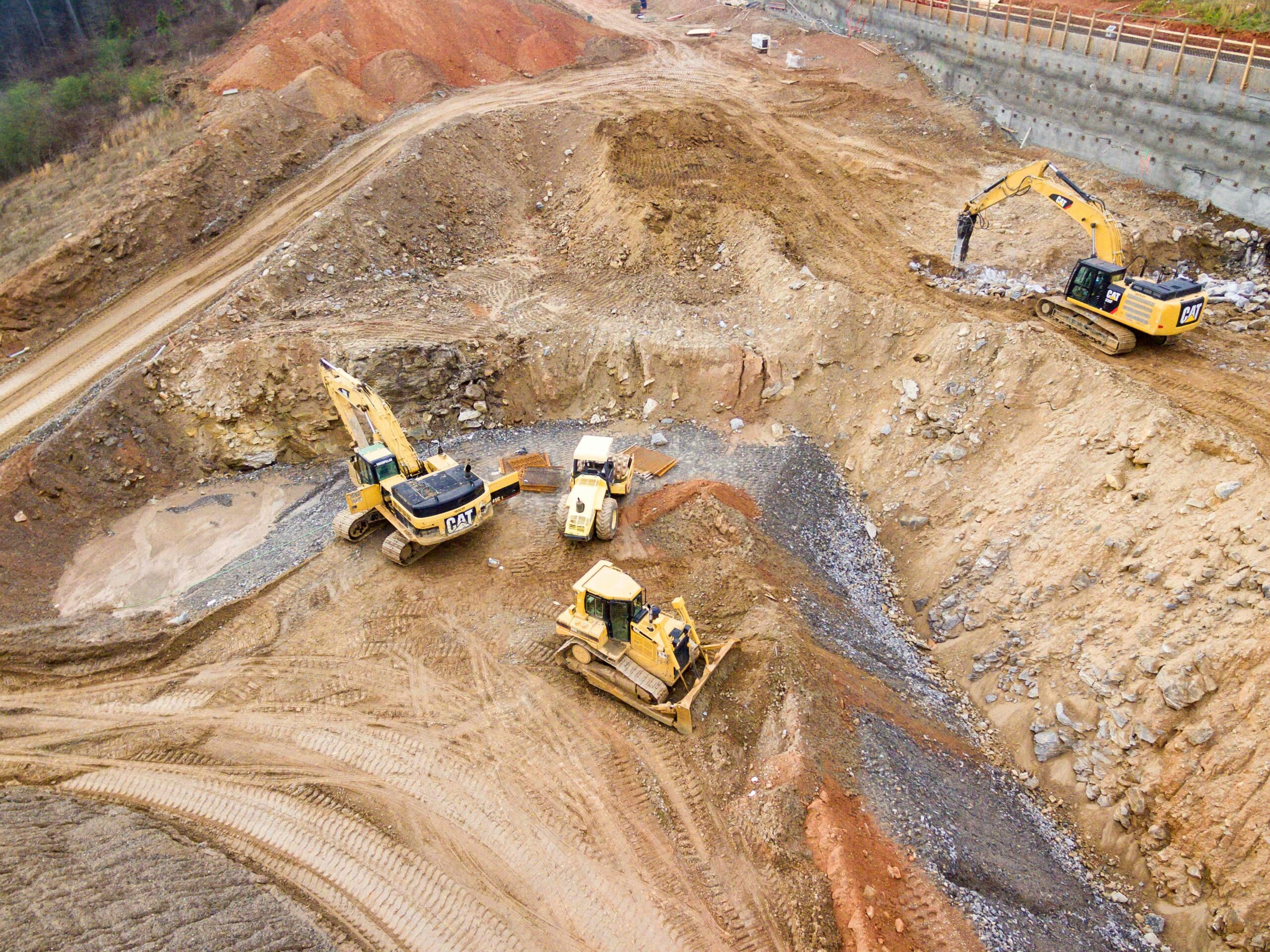Serbia’s Supreme Court has overturned the ban on Rio Tinto’s proposed lithium project, a significant decision that could reshape the country’s mining industry and the global lithium market.
The ruling, delivered by Serbia’s top court, lifts a previous ban that had halted Rio Tinto’s plans for a major lithium mining project in the country. This decision comes as a major development in the ongoing debate over the project, which has faced intense scrutiny and opposition from various quarters.
Rio Tinto’s lithium project, which aims to tap into Serbia’s rich lithium reserves, has been a focal point of contention. The project, located in the Jadar Valley, promises to be one of the largest lithium operations in Europe. However, it has faced considerable resistance from environmental groups and local communities concerned about potential environmental impacts.
The ban, initially imposed by Serbian authorities, was a response to these concerns and was intended to address environmental and social issues related to the project. The court’s decision to overturn the ban reflects a shift in the legal and regulatory landscape surrounding the project.
The ruling is expected to pave the way for Rio Tinto to resume work on the lithium project, potentially revitalizing its plans and investments. For Serbia, the project represents a significant economic opportunity, with the potential to boost the country’s position in the global lithium supply chain. Lithium, a key component in electric vehicle batteries, is in high demand as the automotive industry transitions towards greener technologies.
The reversal of the ban may also influence the broader mining industry, demonstrating how legal and regulatory frameworks can impact large-scale resource projects. The outcome of this case will likely have implications for future mining operations in Serbia and beyond.
Rio Tinto has expressed its commitment to adhering to stringent environmental and social standards as it moves forward with the project. The company has pledged to address concerns and work closely with local communities to ensure that the project aligns with sustainable practices.
As the global demand for lithium continues to rise, the resumption of Rio Tinto’s project in Serbia could play a crucial role in meeting the needs of the electric vehicle and battery storage markets. The court’s decision marks a pivotal moment for both the company and the Serbian mining sector, with potential long-term effects on the region’s economic and environmental landscape.





